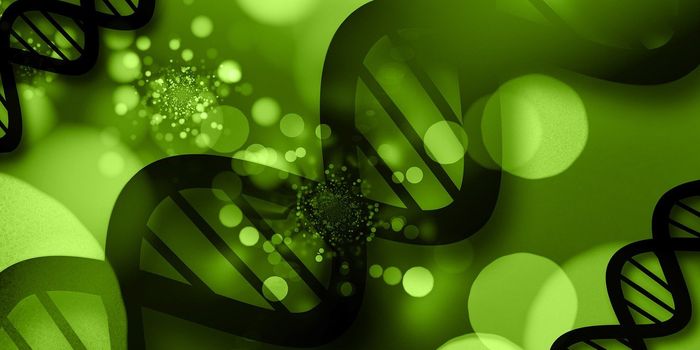Finding New Cancer Drugs
Cells in our body share the same genes. But how those genes are expressed can dictate the fate of a cell. For example, can a cell become a neuron or a hepatocyte? As such, changes in gene expression can often lead to disease.
Learn more about gene expression:
A particular gene regulatory mechanism that contributes that to cancer includes interaction between the proteins known as histones and enzymes called HDACs.
"We have shown details of how these enzymes interact with proteins around our DNA, and our method provides a new means for identifying possible anti-cancer drugs very quickly. In the study, we show that the method works: We synthesized a peptide that affected just the right parts of living human cells, using the same target as anti-cancer medicine uses today," says Carlos Moreno-Yruela, postdoc at the Department of Drug Design and Pharmacology.
"Our detailed insight into the enzymes' interactions gained with the new method provide hope for the development of more specific HDAC inhibitors with potential as drug candidates. This could bode well for the development of more sophisticated compounds for cancer therapy with fewer side effects," says Professor Christian Adam Olsen.
"We were surprised to see such a prominent effect of an unoptimized peptide in cells. Normally, one would need to introduce a variety of modifications to optimize its properties. But this, almost fully natural, peptide had a really potent effect, which emphasizes the potential of our findings," says Christian Adam Olsen.
Source: Science Daily









